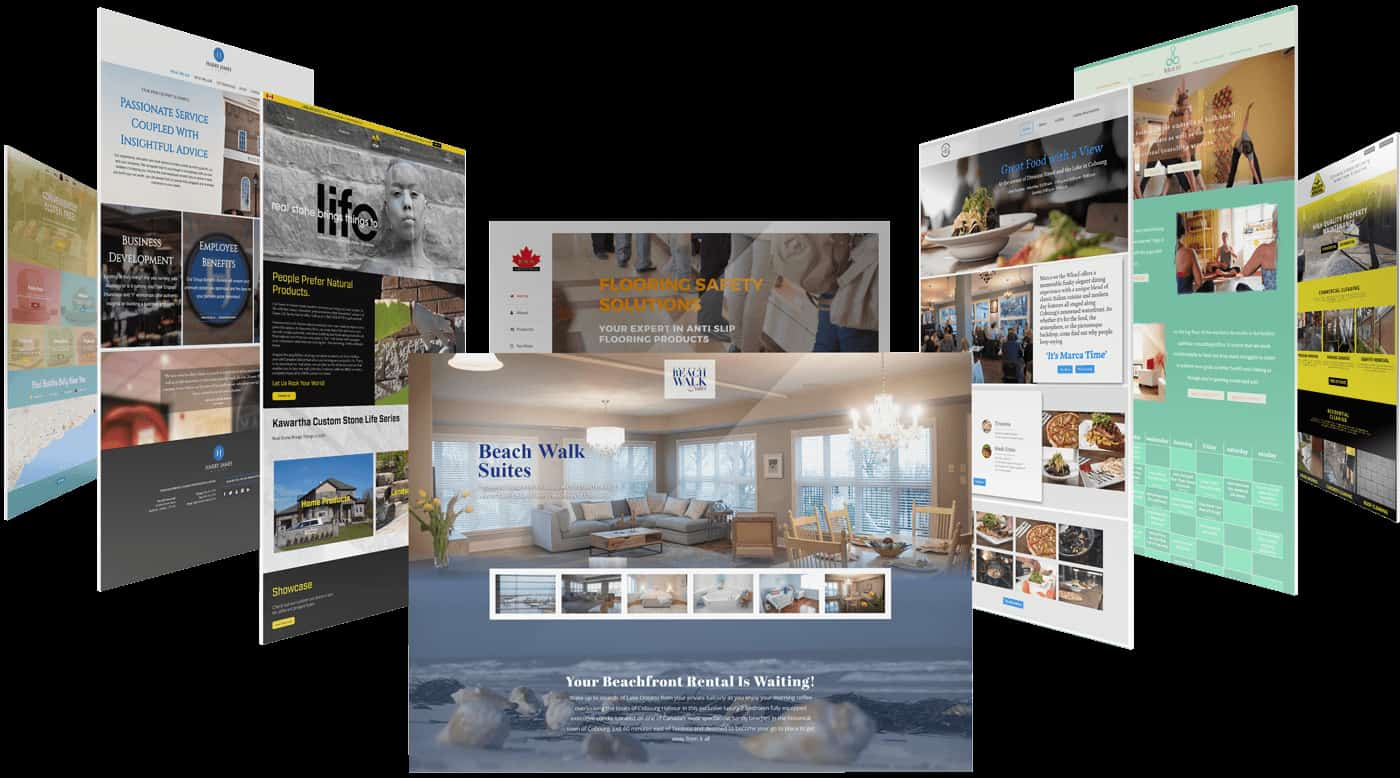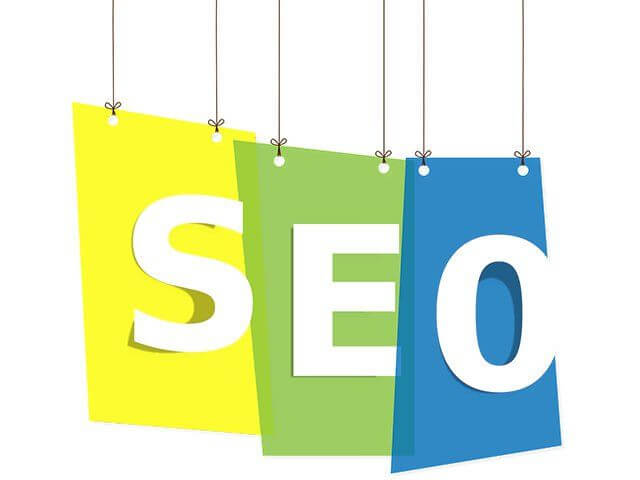
Why Your Business Website Needs More Local Content
November 13, 2018
Why Should Small Businesses Create a Website in 2018?
December 26, 2018The matchbook cover was the first small business website. And it was revolutionary.
Joshua Pusey, a Philadelphia lawyer, invented the matchbook in 1892. In the 1940s and 1950s, detailed artwork and strategic marketing plans launched the matchbook cover to the top of marketing successes. Customizing a matchbook cover essentially put your business on the map, much in the same way as a business website does today.
The digital age has invented and reinvented exciting and revolutionary ways for small businesses to put their professional feet forward and compete with bigger businesses. And it all begins with a simple, yet compelling small business website.
If you have been on the fence about whether implementing a small business website is a good decision, now is an excellent time to break through the inertia of inaction. We hope to overcome your objections and help you to position your small business for success. Here are seven reasons you need a small business website.
Small Business Website Benefits
1. Business Credibility
A 2015 study performed by Verisign reported that 84% consumers believe that small businesses with websites are more credible than ones without an online presence. To take it one step further, the study also concluded that 65% of consumers consider a company branded email to be more credible than a generic email account such as Gmail, Outlook.com, AOL, or Yahoo mail.
The days of matchbook advertising are long gone and to remain relevant and credible, small businesses must invest in a small business website. Looked at another way, if all your competitors have websites and your business doesn’t, who do you think looks more credible?
2. Business Discoverability
The same study by Verisign also reported that 9 out of 10 consumers rely on the internet to locate and evaluate local goods and services. Understanding these numbers and the online habits of consumers makes it difficult to understand why 46% of small businesses do not have a website. But for the 54% that have developed their business website, they benefit from a clear advantage when considering discoverability.
In a 2015 survey by Redshift Research, and commissioned by GoDaddy, it was found that 59 percent of very small businesses (made up of one to five people) don’t have websites. Of those, 12 percent have Facebook pages.
Additionally, the same survey found that 83 percent of the surveyed businesses that do have websites said “their online platforms gave them a competitive advantage over businesses without websites.”
With over 3.5 billion Google searches occurring each day, your customer could be seconds away from locating and patronizing your small business. Business websites allow potential customers to access your business and learn about your products and services 24/7.
A Related Post You May Find Useful:
6 Reasons You Need A Business Website Blog
3. Relatability
The ability to relate to a defined audience and build relationships is a game changing benefit of creating and maintaining a small business website. Using your site to tell a story about you and your business begins the relationship.
Understanding your audience and how your product or service could provide a benefit to their lives continues to strengthen the relationship. Using your website to earn and retain a customer is the ultimate goal and the result of successfully relating to and serving the customer.
Consumers are more likely to visit your website to learn about your business than they are to pick up the phone and call. Replying to emails and social media comments is a great way to build trust and personalize your small business experience.
4. Flexibility
While your business may still have a need for printed advertising materials, these items tend to be costly, especially when they need to be updated. In today’s world consumers expect to see fresh marketing campaigns and information on a continuous basis. Small business websites allow for demographic information, services offered, business hours, and pricing to be edited at any time for no cost.
Easy to use website platforms, such as WordPress, are user friendly even from mobile devices and allow for ongoing updates. Having the flexibility to keep your audience informed encourages strong relationships and keeps your customers coming back.
5. Business Sales Tool
Although a small business website serves many purposes, the main objectives are:
- To inform
- To engage
- To convert
The most effective ways to use a business website to this end is to provide high quality information, learn about who your audience is, what they want, and create a sales funnel that nurtures them through the sales process. Small business websites allow for automation of the sales process and for sales to be converted at a much higher rate than traditional sales methods.
6. Market Expansion
Perhaps your business began by serving a local community. Maybe your business is a brick and mortar business that would like to expand to a larger market. The ability to expand the market of a small business is one of the most lucrative benefits of creating a small business website.
Making your products or services available across time zones and even across the world can grow your business and revenue exponentially. Regardless of their geographical locations, the people who visit your website are there because they have expressed an interest in what your business offers. Use that to your advantage.
7. Web Presence Analytics
Unless you specifically ask each customer who comes through your door how they found you, you may not know the origin of your customers or which marketing campaigns work. Using your small business website as a marketing and analytics tool will provide real time data about the following:
- Demographics of your website visitors
- How visitors find your site
- The number of monthly/weekly/daily visitors to your website
- Which website pages are most visited
- How many pages visitors access per visit
- How much time they spend on each page
- How frequently visitors return to your website
More in depth analytics data will also be available depending on whether your site is utilizing pay per click advertising or marketing software.
Conclusion:
The days of people pulling out the bulky, printed copy of the Yellow Pages to find your business are gone and they won’t be returning. Having a website for your business is a “must have” and not just a “nice to have” element of being in business. Not having a website puts your business at a competitive disadvantage.
If you already have a small business website, but are not receiving one or more of these seven benefits, it may be time for a web presence assessment to help your business get the most of it’s website.




